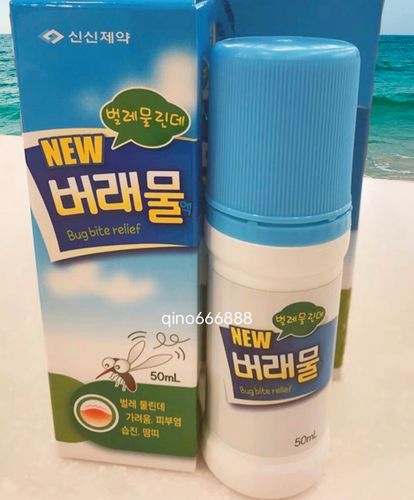
Understanding Bug Bite Relief: A Comprehensive Guide
Dealing with bug bites can be an incredibly uncomfortable experience. Whether it’s a pesky mosquito, an itchy flea, or a painful bee sting, the symptoms can range from mild irritation to severe allergic reactions. That’s why finding effective bug bite relief is crucial. In this article, we’ll delve into the various aspects of bug bite relief, from immediate first aid to long-term remedies. Let’s get started.
Immediate First Aid
When you’re dealing with a bug bite, the first step is to provide immediate first aid. This can help alleviate pain, reduce swelling, and prevent infection. Here’s what you can do:
-
Wash the bite area with soap and water to remove any dirt or bacteria.
-
Apply a cold compress to reduce swelling and numb the area. You can use a bag of ice wrapped in a cloth or a chilled gel pack.
-
Take an over-the-counter antihistamine to reduce itching and inflammation. Some common options include diphenhydramine (Benadryl) and cetirizine (Zyrtec).
-
Apply a nonsteroidal anti-inflammatory drug (NSAID) like ibuprofen to reduce pain and inflammation.

Topical Treatments
Topical treatments are a popular choice for bug bite relief. These products can be applied directly to the bite area to provide immediate relief. Here are some common options:
-
Hydrocortisone cream: This over-the-counter cream can help reduce itching, swelling, and inflammation. It’s available in various strengths, so choose one that suits your needs.
-
Calamine lotion: This classic treatment can soothe itchy skin and provide a cooling effect. It’s often used for minor bug bites and rashes.
-
Aloe vera: Aloe vera has natural soothing properties and can help reduce inflammation and itching. You can apply pure aloe vera gel directly to the bite area.
-
Tea tree oil: This essential oil has antibacterial and antifungal properties, making it a great option for treating bug bites. However, be cautious when using it, as it can be irritating to some people.
Home Remedies
In addition to over-the-counter treatments, there are several home remedies that can help alleviate bug bite symptoms. Here are a few options:
-
Baking soda: Mix baking soda with water to create a paste. Apply the paste to the bite area and let it dry before rinsing off with water.
-
Apple cider vinegar: Dilute apple cider vinegar with water and apply it to the bite area with a cotton ball. This can help reduce itching and inflammation.
-
Saltwater: Dissolve a teaspoon of salt in a cup of warm water. Soak a cloth in the solution and apply it to the bite area for relief.
-
Peppermint oil: Peppermint oil has cooling properties that can help alleviate itching. Dilute a few drops of peppermint oil with a carrier oil, such as coconut oil, and apply it to the bite area.
Preventative Measures
Preventing bug bites is always better than dealing with them after the fact. Here are some tips to help you avoid getting bitten:
-
Wear long-sleeved shirts and pants when spending time in areas where bugs are prevalent.
-
Use insect repellents containing DEET, picaridin, or oil of lemon eucalyptus. Apply the repellent according to the instructions on the label.
-
Keep your home and yard free of standing water, as this can attract mosquitoes.
-
Repair any screens or doors that may have holes, as these can provide entry points for bugs.
When to Seek Medical Attention
In most cases, bug bites can be treated at home. However, there are certain situations where you should seek medical attention:
-
Severe allergic reactions: If you experience difficulty breathing, swelling of the throat, or a rapid heart rate, seek emergency medical



